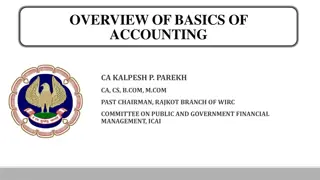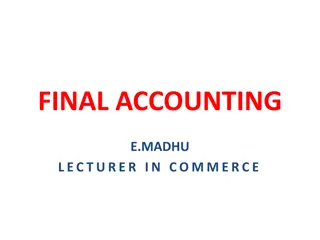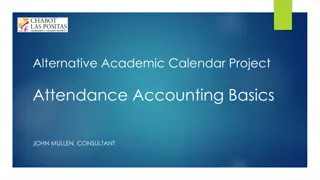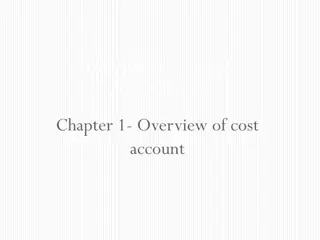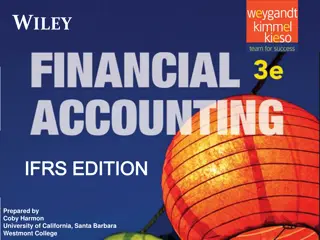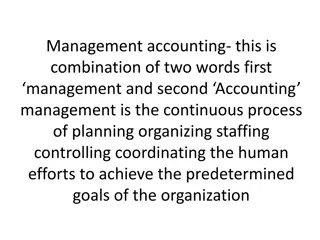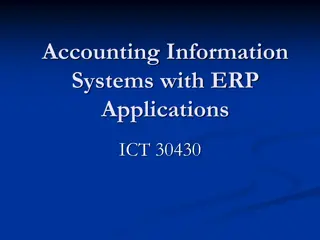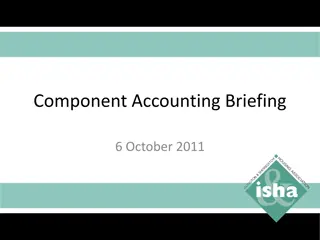Understanding Accounting Conventions and Principles
Accounting conventions are common practices adopted by accountants through general consensus, different from accounting concepts established by law. Key conventions include full disclosure, consistency, conservatism, and materiality, each guiding the disclosure and treatment of financial information in businesses.
Download Presentation

Please find below an Image/Link to download the presentation.
The content on the website is provided AS IS for your information and personal use only. It may not be sold, licensed, or shared on other websites without obtaining consent from the author. Download presentation by click this link. If you encounter any issues during the download, it is possible that the publisher has removed the file from their server.
E N D
Presentation Transcript
An accounting convention may be defined as a custom or Generally Accepted practice which is adopted either by General agreement or common consent among Accountants. Accounting conventions differ from concepts in respect to the following:- Accounting concepts are established by law while accounting conventions are guidelines based upon custom or usage or general agreement. There is no role of personal judgement or individual bias in the adoption of accounting concepts where as they may play crucial role in following accounting conventions. There is uniform adoption of accounting concepts in different Enterprises while it may not be so in case of accounting conventions.
CONVENTION OF FULL DISCLOSURE:- This principle requires that all significant information relating to the economic affairs of enterprise should be completely disclosed. In other words, there should be sufficient disclosure of information which is of material interest to the users of the financial statements such as proprietors, present and potential creditors, investors and others. The principle is so important that the Companies Act makes ample provision for the disclosure of essential information in the financial statements of the company. The performa and contents of balance sheet and profit and loss account are prescribed by Companies Act. Various items or facts which do not find place in accounting statements are shown in the balance sheet by way of footnotes.
CONVENTION OF CONSISTENCY:- This convention states that accounting principles and methods should remain consistent from one year to another. These should not be changed from year to year, in order to enable the management to compare the profit and loss account and balance sheet of the different periods and draw important conclusions about the working of the Enterprise. If a firm adopts different Accounting Principles in to accounting periods, the profits of current period will not be comparable with the profit of the preceding period.
CONVENTION OF CONSERVATISM OR PRUDENCE:- According to this convention, all anticipated losses should be recorded in the books of accounts, but all anticipated or unrealized gains should be ignored. In other words, conservatism is the policy of playing safe. Provision is made for all known liabilities and losses even though the amount cannot be determined with certainity. Likewise, when there are different alternatives for recording of transaction, the one having least favourable immediate effect on profits or capital should be adopted.
CONVENTION OF MATERIALITY:- This convention is an exception to the convention of full disclosure. According to this convention, items having an insignificant effect or being irrelevant to the user need not to be disclosed. These unimportant items are either left out or merged with other items, otherwise accounting statements will be on necessarily overburdened.





